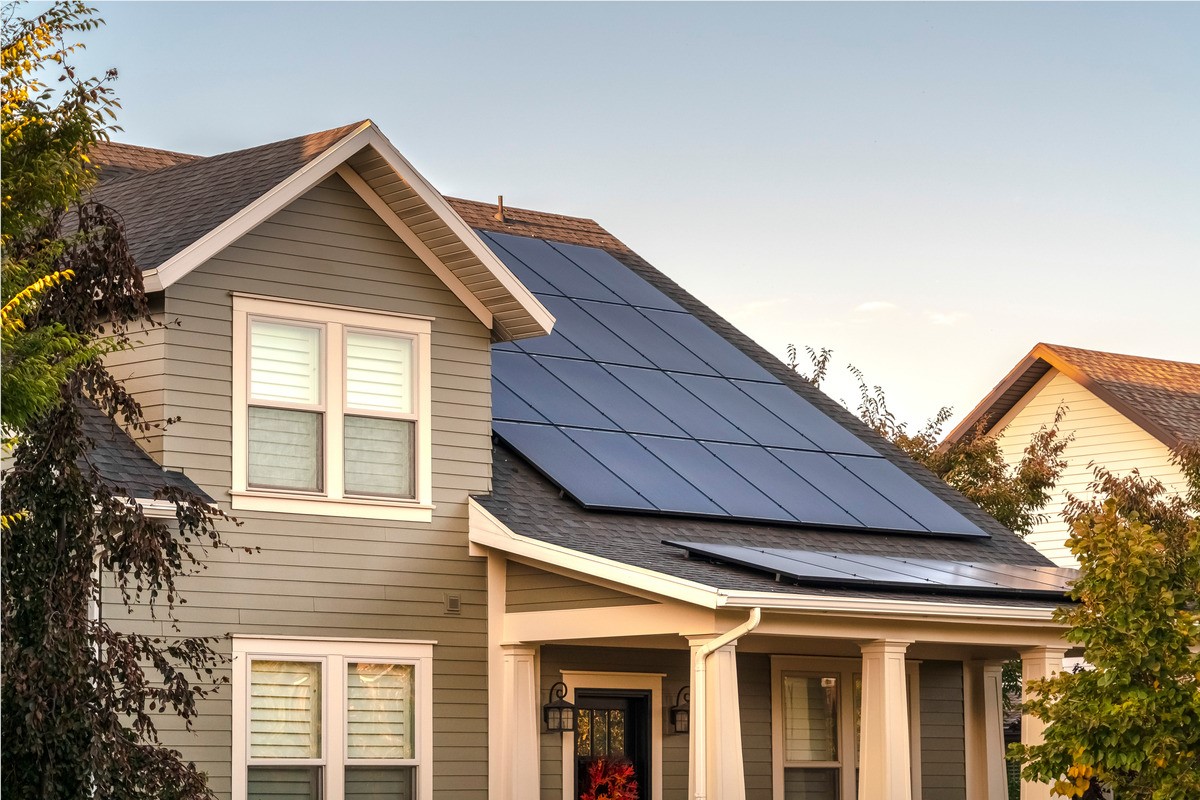
If you’ve thought about installing solar panels in years past, it’s likely time to take a look at adding this renewable energy source again. There are many pros to updating your roof with a solar energy system to start generating electricity with ease.
There have been technological improvements and tax benefits that help with the installation cost of adding solar panels to your NC home.
Key Facts About Adding Solar to Your North Carolina Home
Solar panels are at the mercy of sunlight. So, does North Carolina get enough sun to add solar panels? North Carolina averages 213 sunny days throughout the year. The national average is 205 sunny days.
While it’s not sunny days like Arizona or Florida receives, homeowners can still benefit from using solar in North Carolina.
The peak days for production are spring through early fall. Solar energy production will spike starting around the Vernal Equinox through the Summer Solstice. It will gradually trail off into the fall and winter months.
Throughout the winter, the sun will be lower in the sky along with more cloudy days. Solar production will be reduced, and homeowners will find themselves spending a little more on their electric consumption.
While there may be some dreary winter days, North Carolina is a great state to add solar panels.
What is the Solar Tax Credit?
In an effort to entice homeowners to add solar panels to their homes, the government has provided a solar tax credit to help offset the system costs of new panels. The highest level of solar tax credit runs through 2032. Talk to your tax professional to ensure that you understand the criteria to qualify for the credit.
Is There Net Metering in North Carolina?
In North Carolina, homeowners are able to sell back excess energy to their local electric company and send it back to the electrical grid. Homeowners will receive credit from the electric company for the excess energy. This is called net metering. Homeowners will use their credits when they use more electricity than is generated by the solar panels.
Do I Need a Battery Storage System For North Carolina Solar Panels?
Homeowners can use solar battery systems that store excess energy. Any of the energy that’s stored can be used when solar isn’t generating. This would take the place of net metering. Much like net metering, if you use all the stored energy, homeowners will use their local power company to power their homes.
It is important to note that if the power goes out, solar will not keep the lights on UNLESS you have a battery storage system. The battery system would need to have energy stored in it in order to be effective. If keeping the lights on during an extreme weather event is important to your home, consider adding a battery system or a whole house generator.
Do I Need Direct Sunlight for My Solar Panels?
Direct sunlight is preferred for your solar panels. You should aim for 4-5 hours of direct sunlight, preferably between the hours of 10 am- 3 pm. This may lead to trimming of trees or tree removal to achieve direct sunlight during peak hours. The longer that your solar panels are under the cover of shade, the less your production will be.
Solar Panel Options
With all the pros to adding solar panels, there are options that solar companies provide. Not all of the options are interchangeable. In fact, these choices have to do with the condition of your roof to direct which solar option makes the most sense for your home.
Rack Mount Solar Panels- Rack solar systems are the traditional solar panels you will find. Using a rack system is a great fit for homes with a newer roof in good condition. Rack systems require a solid and sturdy base to attach the racks to your roof.
Solar Shingles- The innovative GAF Solar Shingles will replace your roof with solar panels. In order to use the solar shingle, your roof needs to be totally replaced as the existing roof is removed and redone with the solar shingles.
Ground Mount Solar Array- If rooftops aren’t an option, there is a ground mount solar option. Using a ground mount solar panels isn't different from rack mounted other than they are mounted on the ground using a pole-mount system.
Do Solar Panels Increase the Value of Homes in North Carolina?
Homeowners always want to be aware of increasing the value of their home when purchasing a product or service. Upgrading your roof to add solar panels is a prime example of when an upgrade can really impact the value of your home.
When adding solar to your North Carolina home, you can expect your home value to increase. According to a study conducted by the National Renewable Energy Laboratory, every dollar saved on your electric bill increases the value of your home by $20. Imagine you save $500 on electricity yearly; your home value would increase by $10,000.
Do homes with solar in North Carolina sell faster and for more?
With an increasing focus on climate awareness, homes with solar often sell for more. Younger buyers are now buying homes and looking for features that address climate change or have an eco-friendly slant. According to Zillow, North Carolina homes with solar sell for 4% more than homes without.
The National Renewable Energy Laboratory found that homes with solar panels sell 20% faster than homes without solar panels.
Benefits of Rooftop Solar Panels in NC
There are many advantages of solar panels. Some are immediate and others are long-term play. It’s important to gauge the entire life of your panels to understand the true impact of solar.
Solar Tax Credits- The federal government enacted a tax credit program for adding solar panels. This credit can significantly reduce the cost of solar panels. Consult a tax professional with any questions you may have or to see if your installation will qualify.
Clean Energy- Using solar to power your home reduces your reliance on fossil fuels and makes your home more energy efficient.
25 Year Shelf Life- Solar panels can last up to 25 years. That’s a lot of sunny days to generate clean energy and save on spending.
Save Money- The cost of electricity continues to rise. North Carolinians have seen increases as high as 10% recently. Not only will homeowners have energy savings, but they will own the means of production. Or if you take out a solar loan, your payments will likely remain the same while the cost of electricity continues to rise.
Increase Your Property Value- Having a more energy efficient home with an increase in property value is a win-win for homeowners.
Should I Add Solar Panels to My North Carolina Home?
While researching the pros and cons of adding solar, you will likely find that solar can be expensive. That said, it’s worth looking at the short-term and long-term benefits. Long-term savings and a tax credit make adding solar more cost-effective than ever. Reach out to the expert roofers and solar installers at Feazel to discuss adding solar for your Raleigh-Durham area home.
Tags
Subscribe to Feazel's Blog
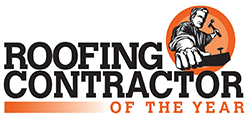
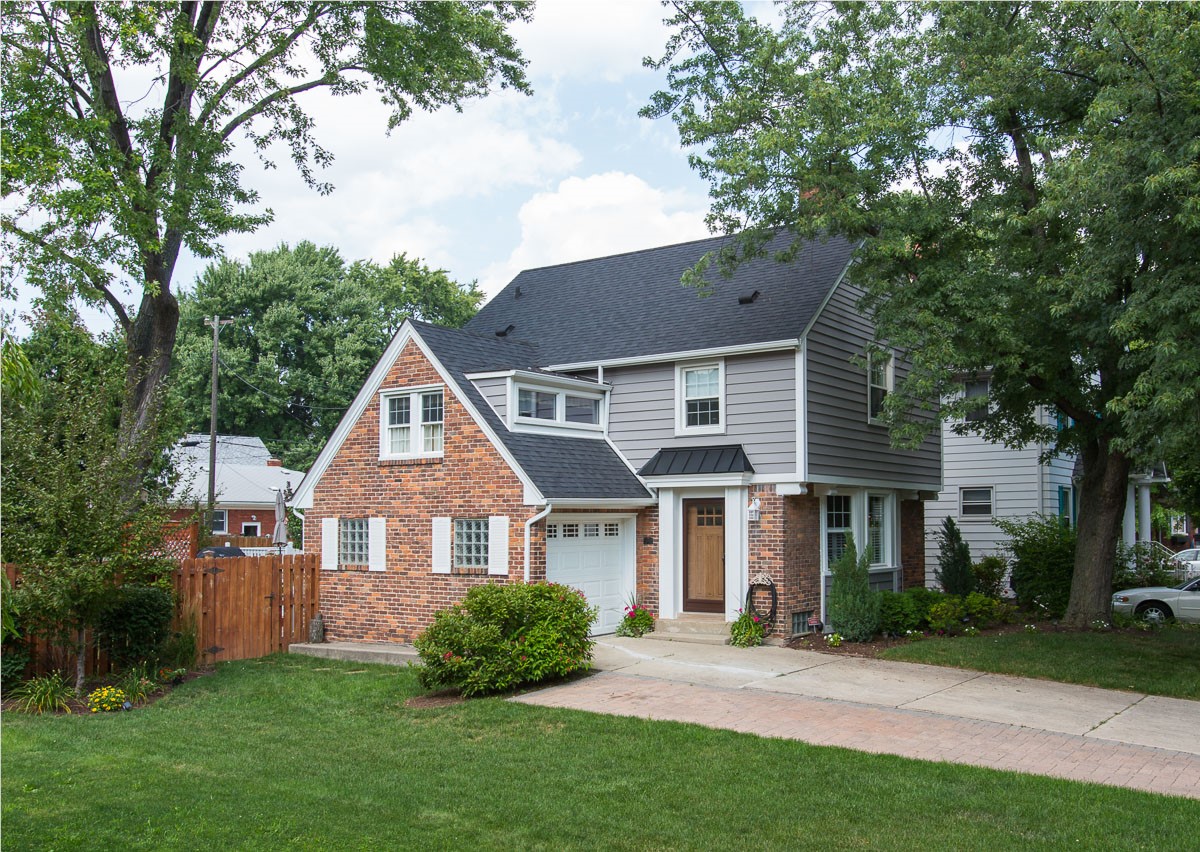
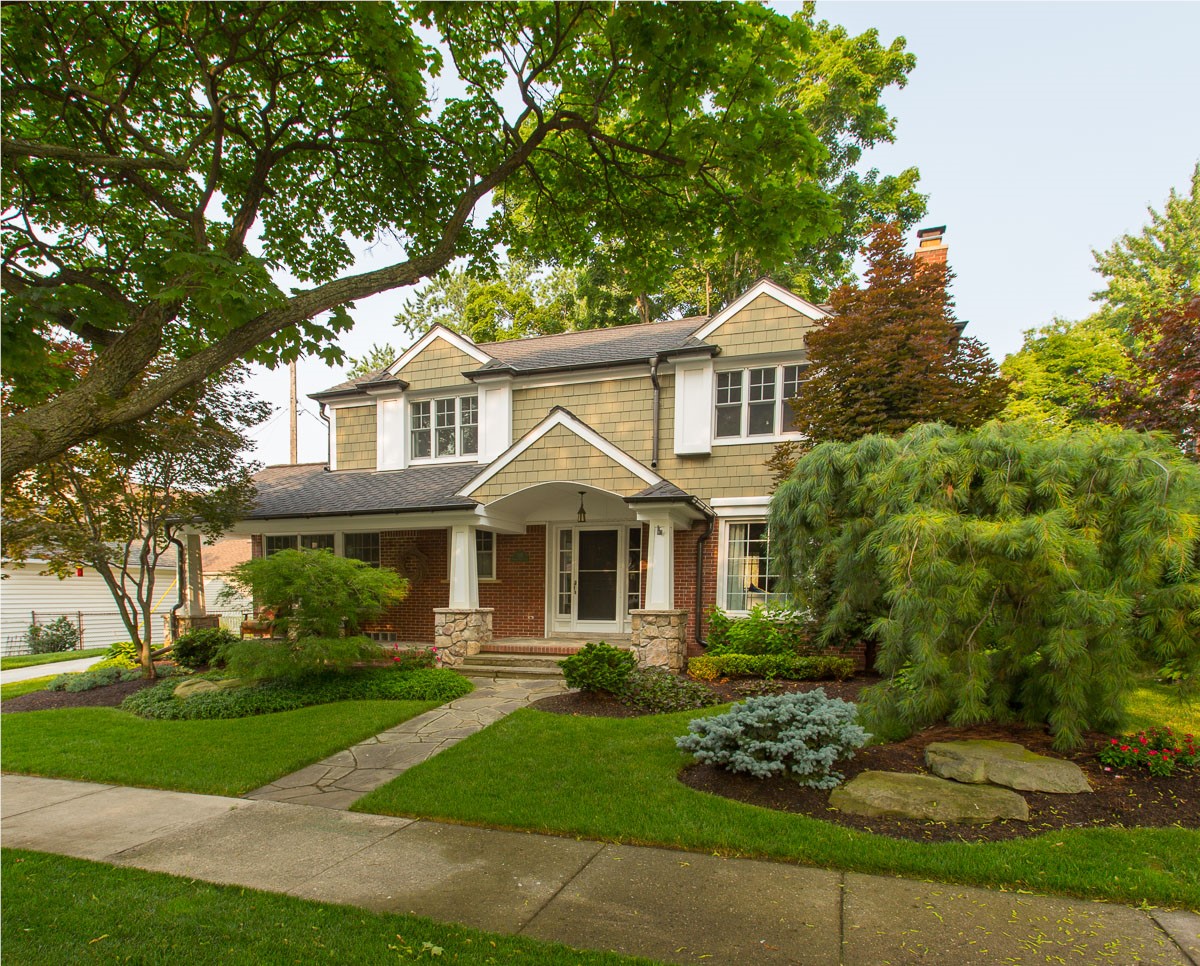
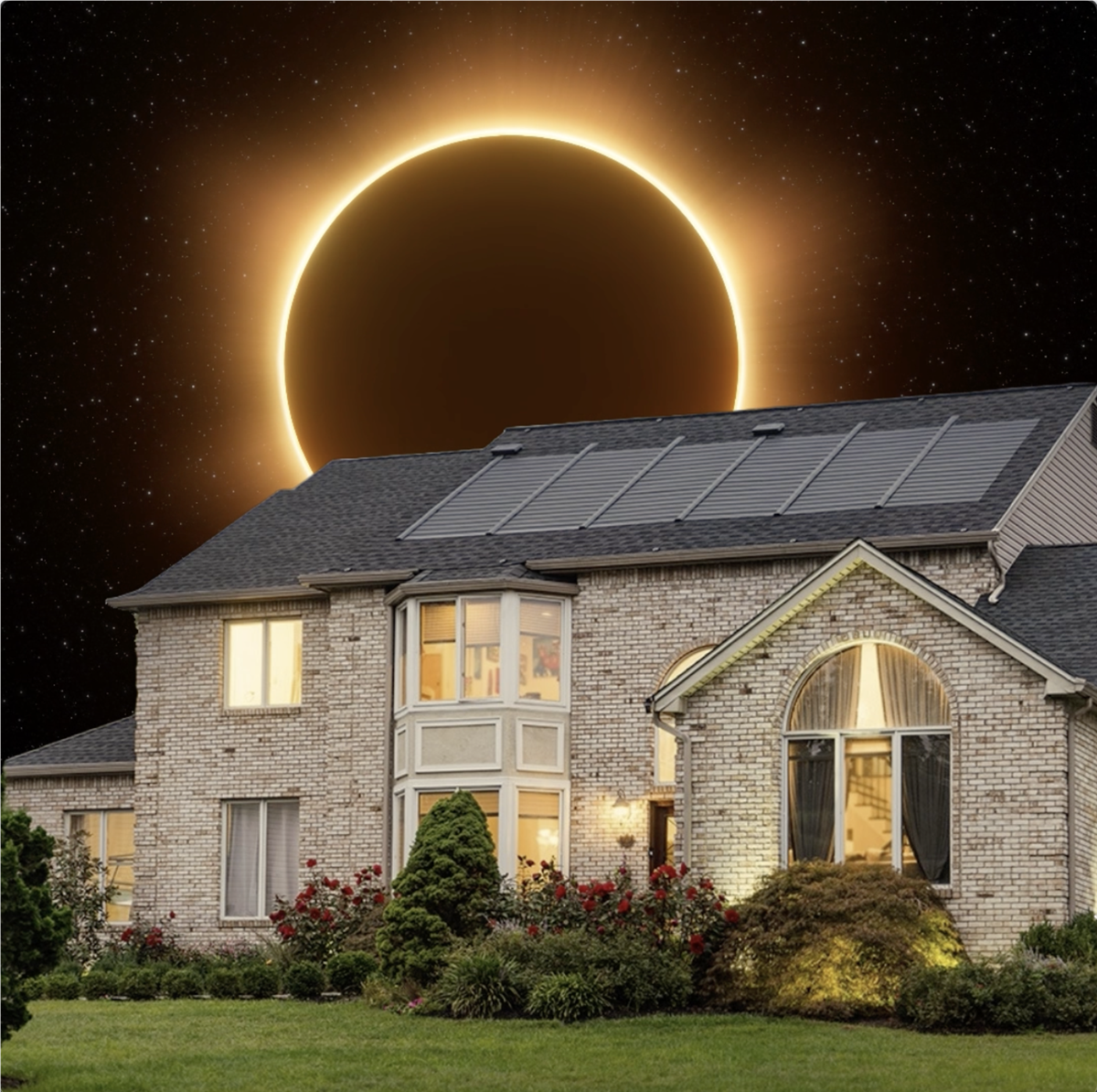
Comments